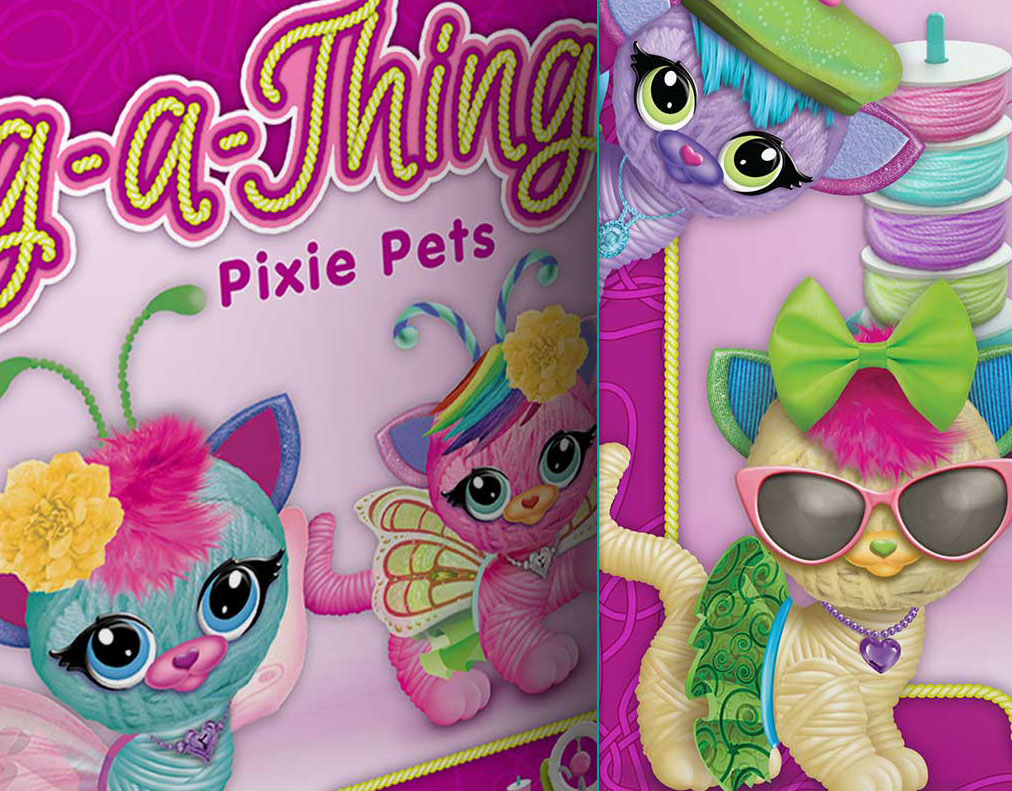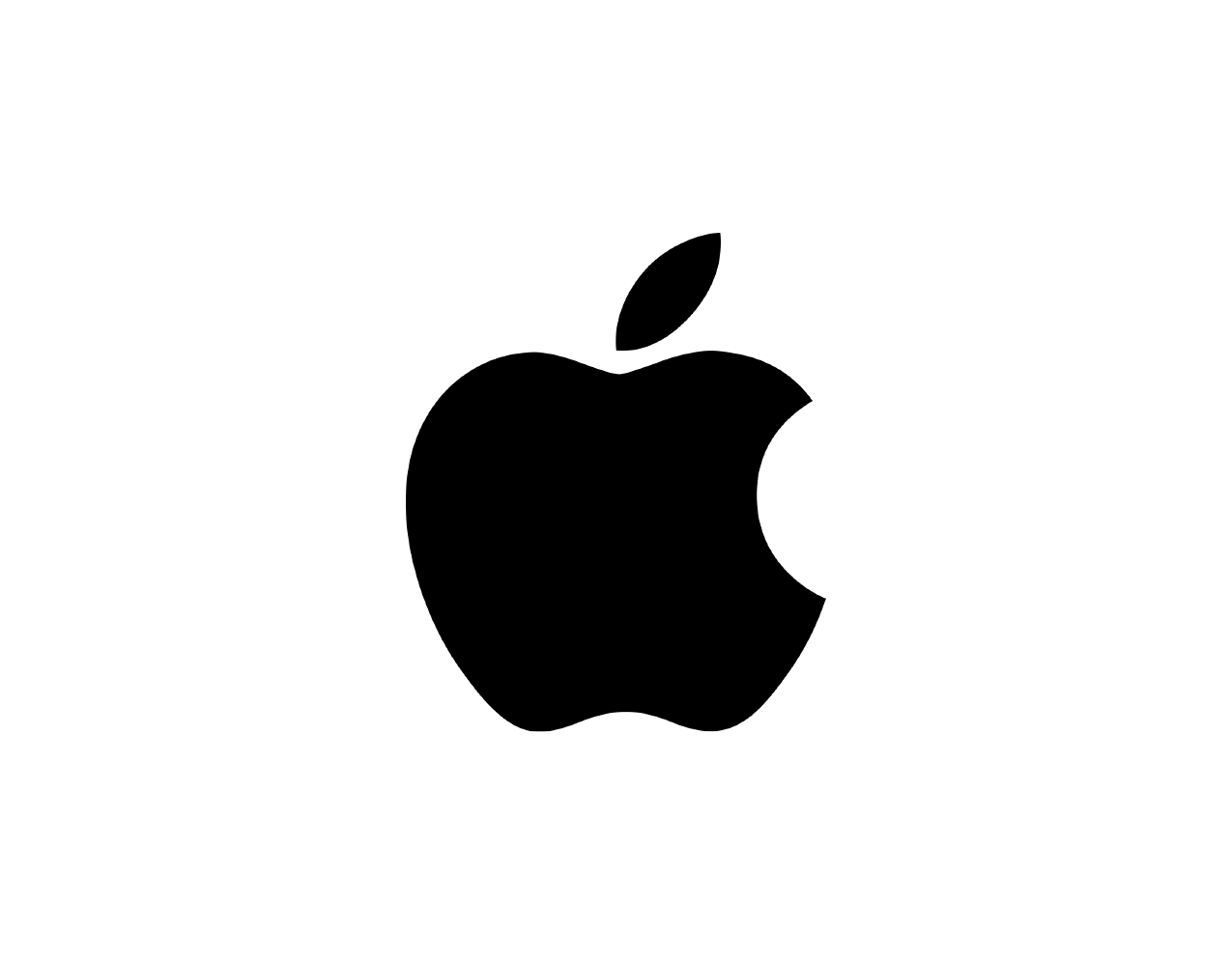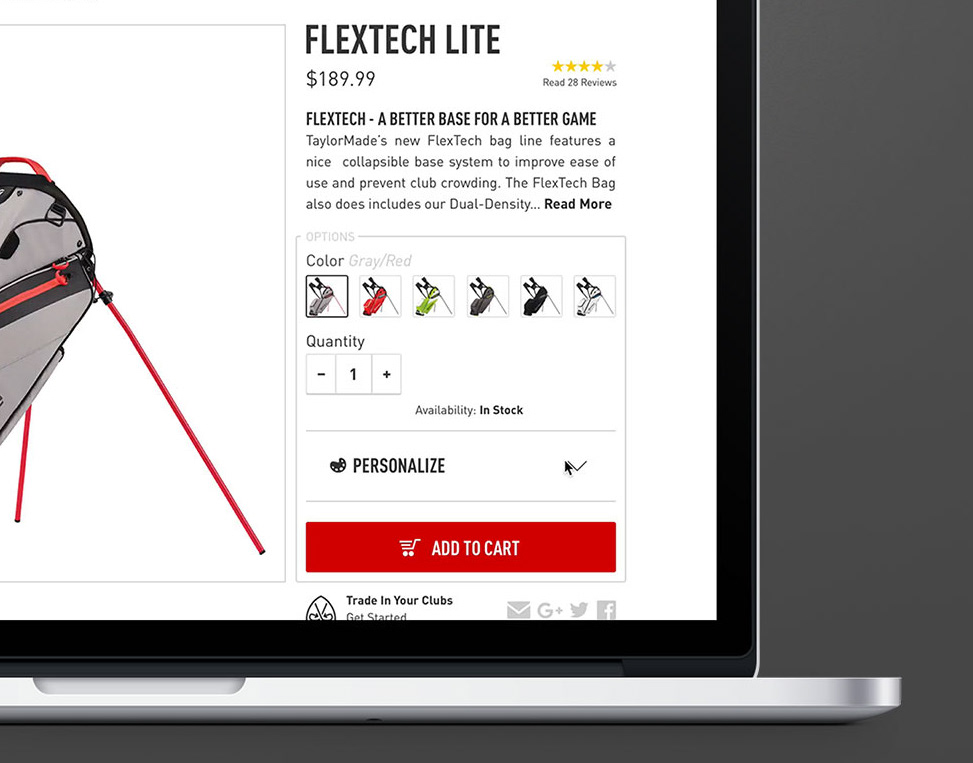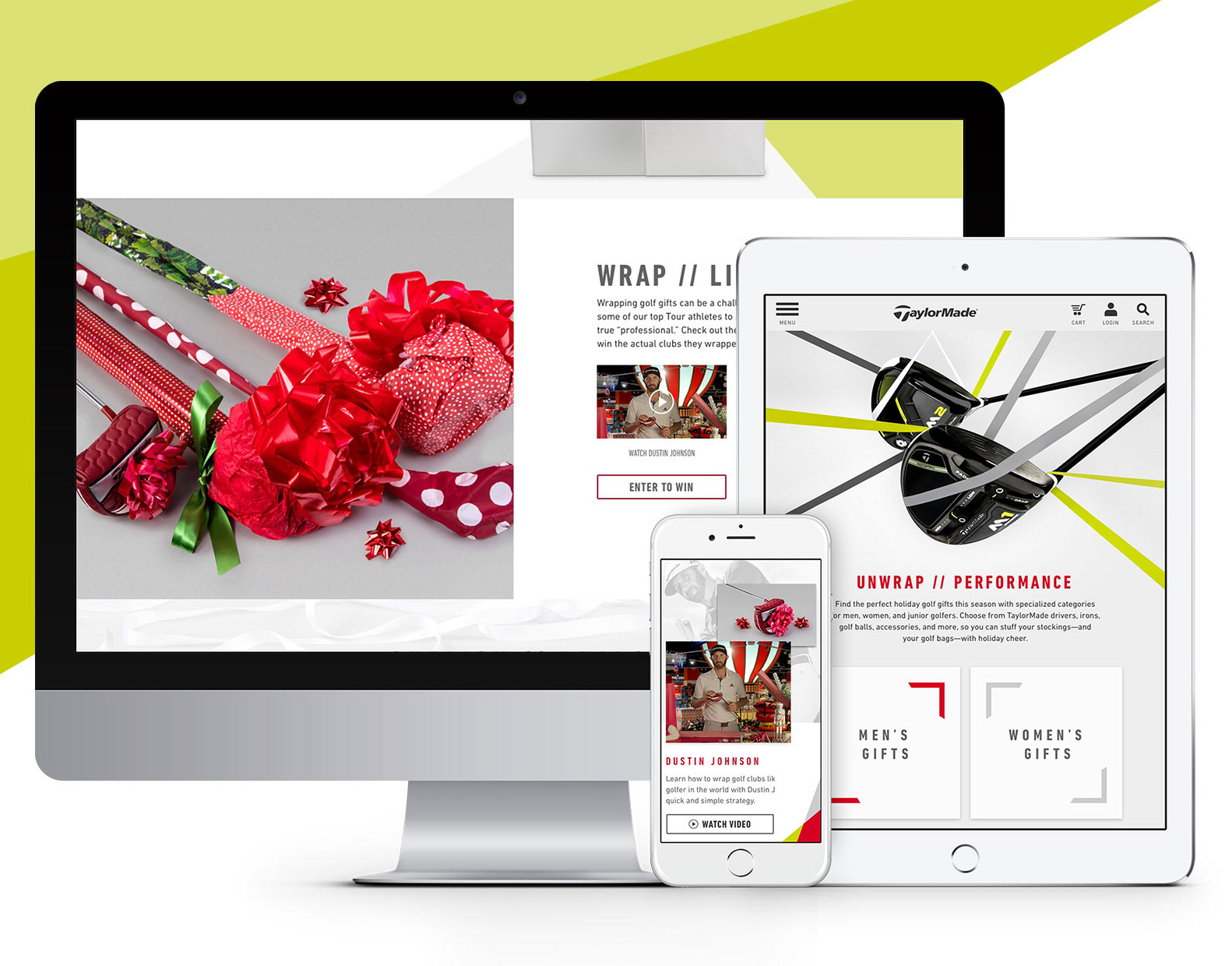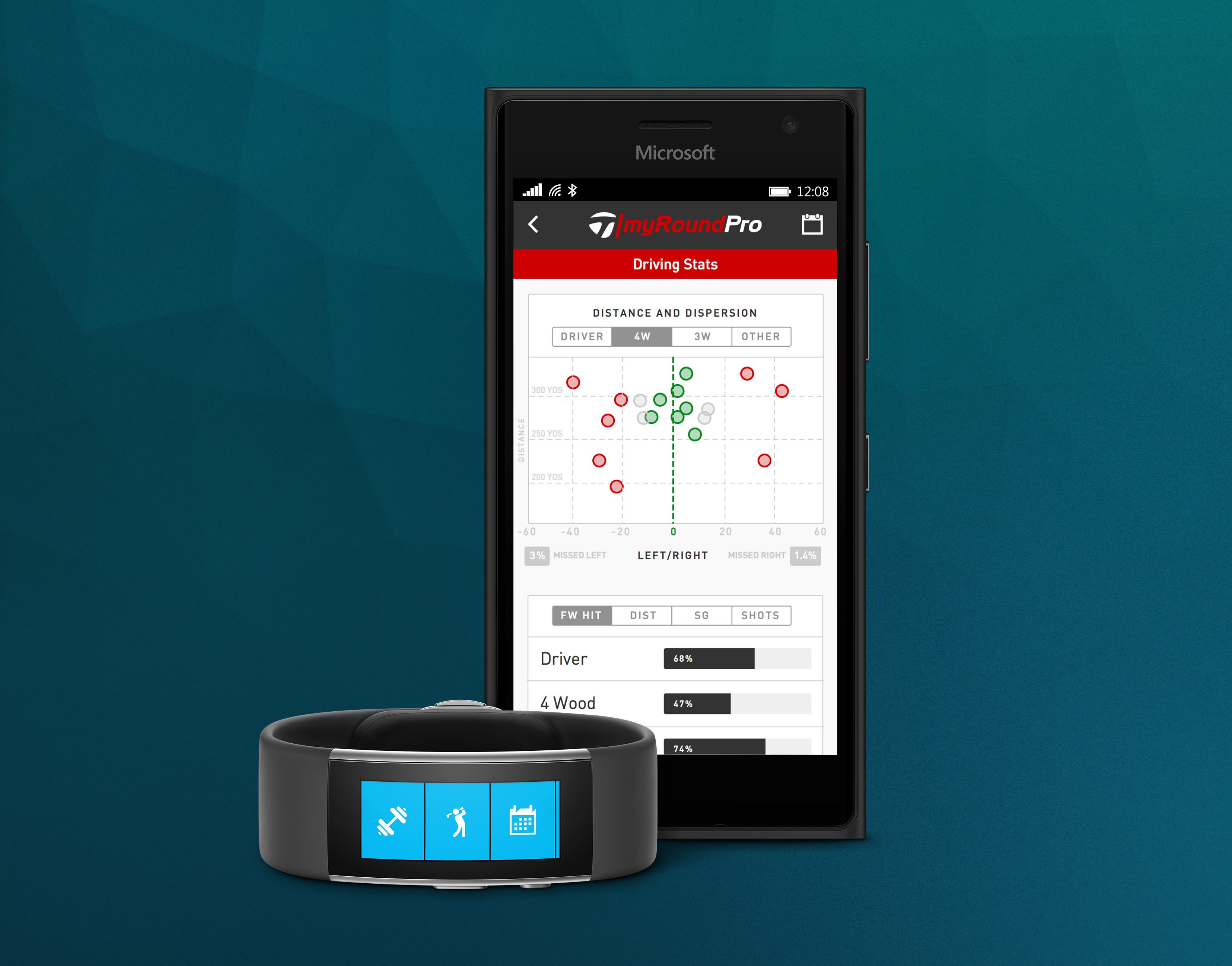PROJECT DETAILS
In the summer of 2017, I joined a multi-disciplinary team of individuals for a 2-day “Zoohackathon”. The event was hosted by the San Diego Zoo in partnership with the US State Department in an effort to design and prototype new solutions to combat the plague of wildlife poaching and exotic animal trafficking. Multiple conservation agencies presented to the attendees, explaining their mission and difficulties in fulfilling it due to illegal activities. I ultimately chose to work with an organization of researchers and scientists called, Intertwined Conservation Corp (ICC) whose focus was on eliminating the trafficking of exotic birds, namely Macaws.
Together with my group, we interviewed one of the founders of ICC and with her input, devised a solution to the problem. Over two days and two nights, my team worked through a multitude of possibilities and use case scenarios until arriving at a viable option - a simple web app. As one of two designers in the group, I was tasked with sketching out our app wireframe alongside my fellow designer. After getting our team’s buy in, I designed the polished version of it, with my teammate linking the prototype together. In the end, we presented our idea to a panel of zoological and technology experts and took home a very satisfying, second place title.
ROLE
UX/UI Design, App Design, Wireframing, Branding and Identity
ICC Version of The App in Use
THE ICC VERSION OF ARAVISTA
The video above showcases the version of the AraVista app created for the scientists and researchers at Intertwined Conservation Corp. The main concept is that the researchers would receive new bird spotting data from “Scouts” and be able to either approve or deny submissions. They could then sort the data points for future reference and analysis. You can check out the working prototype here.
Photo Submission Flow
Scout Version of the App in Use
THE SCOUT VERSION OF ARAVISTA
The video above demonstrates the user flow for the Scout version of the app. This is the version the villagers would use while out and about, looking for Macaws. The users would be able to take photos of birds and submit them for approval. Each approved submission equals money in their pocket, incentivizing them to help ICC achieve their mission. You can check out the working prototype here.
Rough Wireframe Sketches



